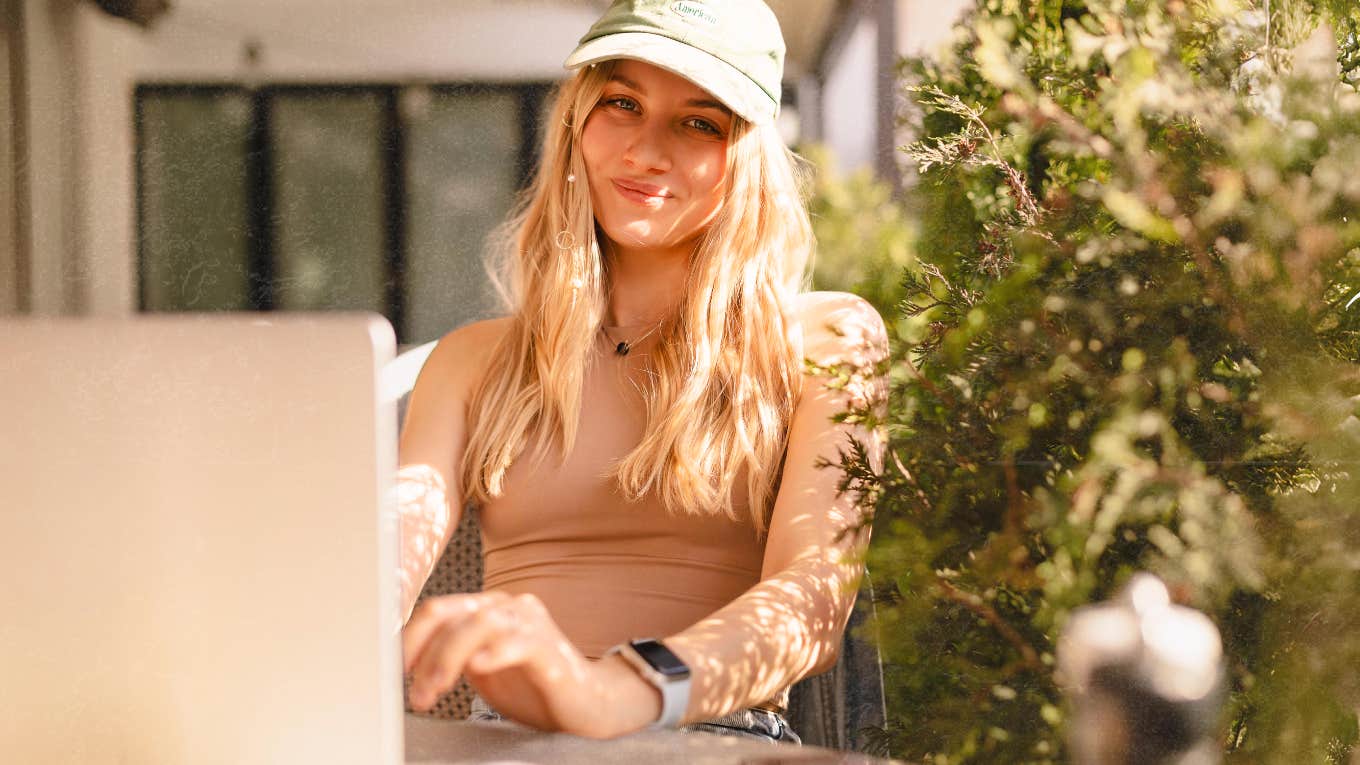5 Painful Things My Ex-Friends Taught Me
As you grow and change, the loss of friendships is an inevitable part of life.
 Ekateryna Zubal | Shutterstock
Ekateryna Zubal | Shutterstock The first time I experienced a loss of friendship was in my transition from elementary to middle school. I went to elementary school in one school district and when it was time to go to middle school, I couldn’t follow my friends because my address did not fall within the district’s parameters. At that age, it wasn’t the loss of a friendship that stuck with me, but the terrifying predicament of having to make new friends in not only a new school but an entirely new district.
The next time I experienced this loss was after graduating high school. While most, if not all, of my friends were heading off to college, I had to join the workforce. Although I initially blamed myself for not doing more to maintain these friendships, I know now that it’s a completely normal part of life. And like most things in life, you can either let it hold you back or you can learn from it and use it to uplift you.
Here are the 5 painful things my ex-friends taught me:
1. I lost a friend, not my identity
An aspect of our identity is our relationships. Familial, romantic, and platonic relationships all have a part to play in our identity and personality. When I was younger, each friend I lost felt like the ground was disappearing under my feet. It’s no surprise that during these years, every stressful situation felt like the end of the world.
It wasn’t until high school that it dawned on me that I was interweaving my identity too tightly with my place in my friend group. This is why it felt discombobulating whenever I lost a friend, because in a way I was losing a part of myself. I had to learn not to attach my identity to any of my friends — it took a while for me to get the hang of it, but eventually, I became secure in who I was.
2. Being wary of new friendships doesn’t have to be your reality
A break in trust, whether intentionally malicious or not, is painful to get through. Naturally, I’m a pretty playful person and I’d like to think that most of my friends started as either making someone laugh or being made to laugh. Some of my friends (and ex-friends) would argue (maybe even complain) that I laugh a little too loud, too quickly, and too often.
A mentor of mine once told me that when meeting someone new, you’re meeting their representative. On average, it takes about two months for someone to show you their true selves. This is a lesson that is easy in some ways and excruciating in others. It’s easy in that I don’t have to suppress my natural playful personality. On the other end of the spectrum, it can be hard not to become jilted after every friendship that fizzles out.
3. Friendships naturally wax and wane and that's nobody's fault
This lesson took a long time for me to understand, and I might have my sister and mom to blame. My expectations on the longevity of friendships came from the two most important women in life who had the same friend or friend group for more than half of their lives. My sister met her best friends in elementary school, and it’s a friendship that survived the test of time and the test of distance. I remember seeing the same friend or two of my mom’s while I was growing up.
But it doesn’t always work out that way. Life has a way of taking us down different paths leaving us little choice but to continue living. It was my time during the military that showed me this one. You can become good friends with someone, and even if you both arrive simultaneously, that only guarantees you two to three years together depending on your job. As a huge waterbag (aka crybaby), I wouldn’t handle the departure of friends that well. I had to start shifting my mindset into being grateful for the time we had and the memories that were made.
4. Not to talk badly about my ex-friends
Females are catty, and that’s no disrespect to any feline parents (I am one too). My younger self would find it so confusing when someone didn’t like me and would make it known to everyone but me. I was of the mindset that if I didn’t know what a person’s issue was, I wouldn’t be able to fix it. Now, I know that it’s not my job to fix it.
On the contrary, I firmly believe that the distaste or dislike that someone has for me in no way, shape, or form needs to change who I am as a person. Even if a friendship ends on a bad note, I don’t think that gives me the right to betray the loyalty and respect that I had for them.
5. The loss is real
Friendship break-ups feel similar, if not worse than romantic relationships. In the aftermath of a friendship ending, I’ve had people tell me, “Well, I didn’t like them anyway,” or “You’re better off without them”, or my favorite “They were just taking advantage of you.” But friendship-ending grief is real and so is the pain.
I remember losing friends and being dubbed “the weirdo” because I refused to go out. I remember the quiet snickers when I would eat alone at lunch (and this was as an adult, too). People will always have an opinion of you or what you do, so let yourself grieve.
Monica Robles is a California-based writer and an editorial intern for YourTango.

